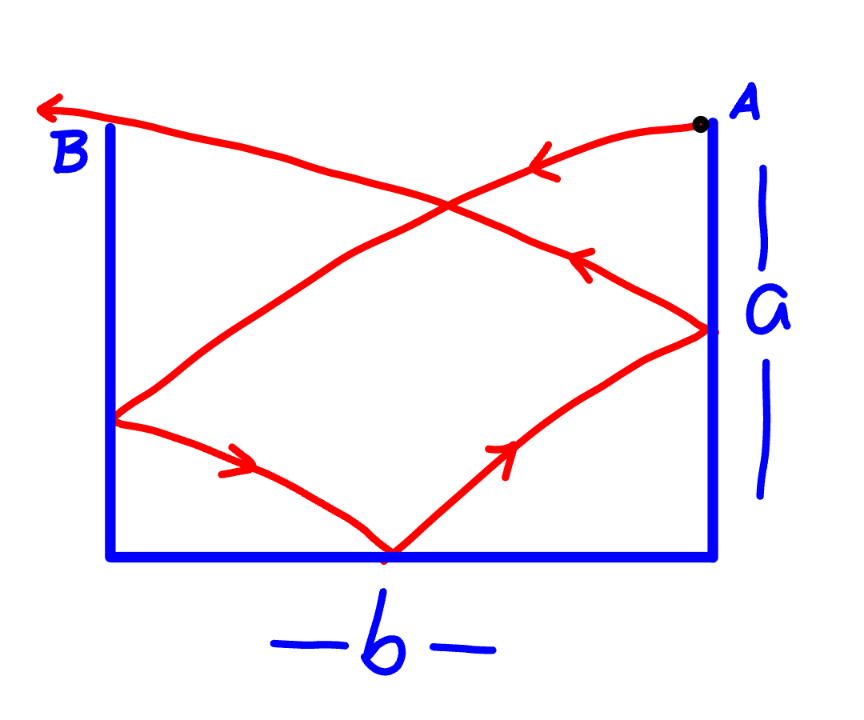
AllQuestion and Answers: Page 190
Question Number 204083 Answers: 2 Comments: 0
Given that tan(A + B) = 1 and tan(A - B) = 1/7 find tan A and tan B
Question Number 204082 Answers: 1 Comments: 3
Question Number 204081 Answers: 1 Comments: 0
Question Number 204078 Answers: 0 Comments: 1

Question Number 204072 Answers: 1 Comments: 0
Question Number 204062 Answers: 4 Comments: 0
Question Number 204056 Answers: 2 Comments: 0
Question Number 204055 Answers: 2 Comments: 0
Question Number 204054 Answers: 2 Comments: 0
Question Number 204041 Answers: 2 Comments: 0
Question Number 204039 Answers: 2 Comments: 0
Question Number 204038 Answers: 1 Comments: 0
Question Number 204024 Answers: 1 Comments: 0
Find the Cartesian equation of x(t) = 2 cos t And y(t) = 3 cos t
Question Number 204019 Answers: 1 Comments: 2
Question Number 204018 Answers: 1 Comments: 0
Question Number 204005 Answers: 2 Comments: 1
$$\mathrm{Find}: \\ $$$$\mathrm{cos44}°\:−\:\mathrm{cos84}°\:+\:\mathrm{ctg45}°\:=\:? \\ $$
Question Number 203995 Answers: 3 Comments: 0
Question Number 203994 Answers: 2 Comments: 0
Question Number 203988 Answers: 0 Comments: 0

Question Number 203985 Answers: 0 Comments: 8

Question Number 203980 Answers: 3 Comments: 0
Question Number 203975 Answers: 0 Comments: 0
Question Number 203970 Answers: 0 Comments: 0
Question Number 203969 Answers: 1 Comments: 0

Question Number 203964 Answers: 2 Comments: 0
Question Number 203955 Answers: 0 Comments: 10
Pg 185 Pg 186 Pg 187 Pg 188 Pg 189 Pg 190 Pg 191 Pg 192 Pg 193 Pg 194
